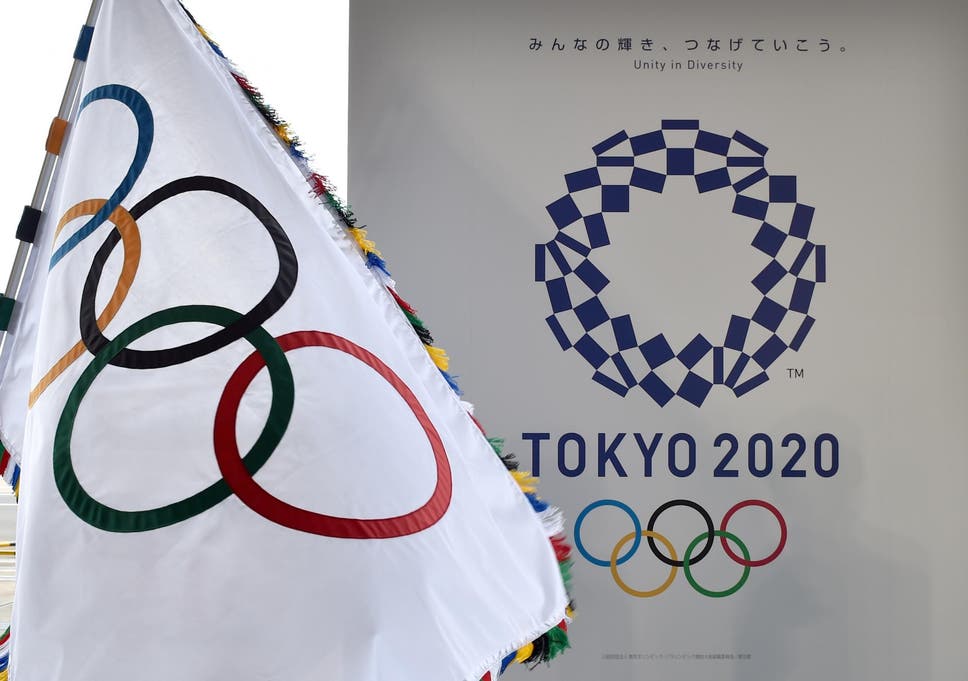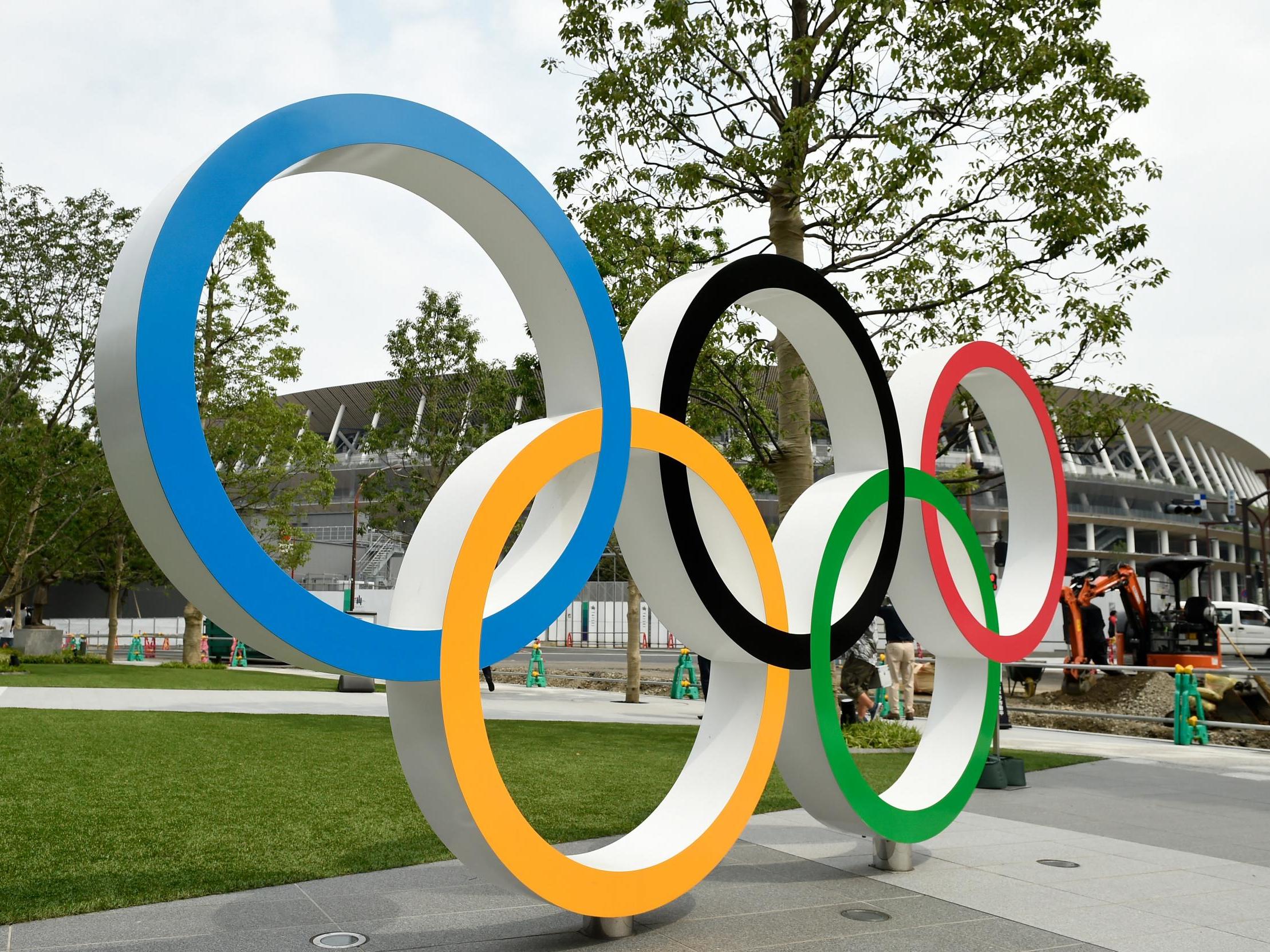
Tokyo 2020: IOC ‘failed to investigate’ alleged labour violations at new Olympic venues
Exclusive: Attempts to tackle issues of low pay, overwork, mistreatment of migrant workers and ‘a culture of fear’ among those working on this summer’s Olympic sites have been ‘consistently rebuffed’
by Samuel LovettThe International Olympic Committee [IOC] has been accused of “an abdication of responsibility” after failing to investigate alleged labour and safety violations at venues built for Tokyo 2020.
In a report published last year, Building and Wood Workers’ International (BWI), a global construction union, highlighted “the dark side” to this summer’s Games, exposing issues of low pay, overwork, mistreatment of migrant workers and “a culture of fear” among those working on Olympic sites.
Three workers have died to date during the Tokyo 2020 construction period, with the BMI raising its concern to the IOC late last year that “as the pressure rises to complete venues on time” there “could be more” deaths.
The BWI, which has previously inspected conditions at stadiums built for the 2018 and 2022 World Cups, initially flagged such issues to the Tokyo 2020 Organising Committee, the Tokyo Metropolitan Government and the Japan Sport Council, but claims its “attempts to achieve justice for complainants have been consistently rebuffed”.
The IOC was subsequently approached to “intervene and directly address human rights abuses”, but the organisation has failed to take effective action, according to the BWI.
Instead, the IOC has asked the International Labour Organization, a specialised United Nations agency, to take charge of investigations.
The move has drawn criticism from the BWI, which has been speaking to Olympic organisers for more than two and a half years in an attempt to carry out the necessary inspections and audits.
One BWI insider accused the IOC of “passing the buck” and “an abdication of responsibility”, while urging the organisation to accept accountability for shortcomings uncovered during the construction of key Tokyo 2020 venues.
The BWI wrote to IOC president Thomas Bach in November 2019, saying: “The Tokyo failure is sad and tragic. We must learn from this experience if human rights of workers and all others are to be respected in the preparation of future games and become part of their legacy.
“Tokyo 2020 is another reminder of IOC’s inability to fully address its due diligence and use of leverage to ensure decent work, safety working conditions, and justice for all workers including migrant workers who are building the facilities to continue the Olympic spirit. The workers, athletes, sports fans, and the public expect the IOC to do the right thing by acting now.”
The IOC, in a letter seen by The Independent, admitted: “We can only regret that, despite several actions which have been taken, there are still a number of pending issues which have not been solved to the complete satisfaction of all parties and affected workers in particular.
“With this in mind, we have taken up the matter again with the Tokyo 2020 leadership to ask a rapid action based on the concrete proposals which you have made.”
The 2019 report from the BWI, titled “The Dark Side of the Tokyo 2020 Summer Olympics,” was based on interviews held during September 2018 with close to 40 construction workers.
Among a number of serious issues, the BWI’s report revealed: dangerous patterns of overwork that saw individuals work for up to 28 days a row in the construction of the Olympic Village; a dysfunctional complaint system that discouraged workers from rising their concerns, leading to the emergence of a “culture of fear”; mistreatment of migrant workers; and low wages, despite a nationwide shortage of construction workers.
The findings were further substantiated by interviews conducted in February 2019 by BWI and its Japanese affiliate with workers involved in the construction of the National Stadium and Olympic Village.
Mary Harvey, the CEO of the Geneva-based Centre for Sport and Human Rights, urged officials to take a “serious look” at the report in the wake of its release.
“To think this is going away is burying your head in the sand, and I’m concerned it’s going to get worse,” she said last summer. “The heat of the summer months is upon us while construction deadlines are trying to be met. Someone dying or committing suicide shouldn’t be acceptable to anyone.
“Everyone should be taking a serious look at the risks identified in BWI’s report and, by everyone, I mean everyone who is a stakeholder, including the IOC, the Japanese government and construction companies.”
Preparations for Tokyo 2020 have been anything but smooth. In December, organisers announced they would be taking “emergency countermeasures” after asbestos was found at the Olympics’ water polo venue.
According to Japan’s Asahi newspaper, the Government initially opted against treating the asbestos when it was first discovered two years ago.
Asbestos, which was once widely used in fireproofing and insulation, has been linked to several health hazards including mesothelioma and other types of cancer.
The BWI confirmed to The Independent that is investigating the matter.
The report followed concerns over elevated levels of bacteria in the water in Tokyo bay and how athletes will cope with sweltering summer heat, which forced organisers to move the marathon to the northern city of Sapporo.

In response to the BWI’s allegations, the IOC said: “The IOC takes these issues very seriously and had agreed with the International Labour Organization (ILO) that they would take the lead on this issue.
“At the same time, the IOC has also engaged in a number of discussions with its direct counterparts at Tokyo 2020 and with BWI itself to support the resolution of this issue. All of these discussions are ongoing and we hope that they will lead to a rapid solution.
“Please rest assured that the IOC is committed to ensure a smooth, sustainable, and rights-respecting preparation and staging of the Olympic Games Tokyo 2020 and will take all actions which are part of its responsibility.”
The Tokyo 2020 Organising Committee said: “The health and safety of everyone involved in the preparation and delivery of the Tokyo 2020 Games is of utmost importance to the Tokyo 2020 Organising Committee and it is simply not accurate to imply that Tokyo 2020 has ignored the BWI or rejected their proposals.
“Tokyo 2020, alongside the Tokyo Metropolitan Government and the Japan Sport Council, has met with BWI representatives and taken their proposals into sincere consideration. We have also requested on several separate occasions further detailed information that will allow us to clearly identify specific occurrences of the issues the BWI raised; it is unfortunate that we have not yet received it.
“Tokyo 2020 will continue to stay in communication with the BWI going forward. We are optimistic for a satisfactory outcome.”